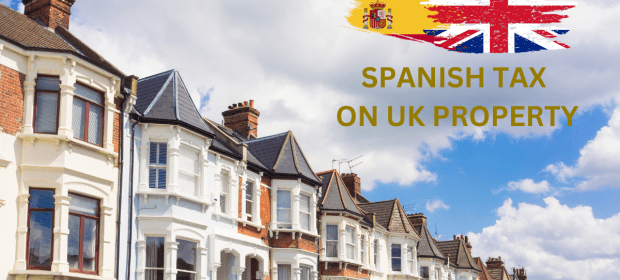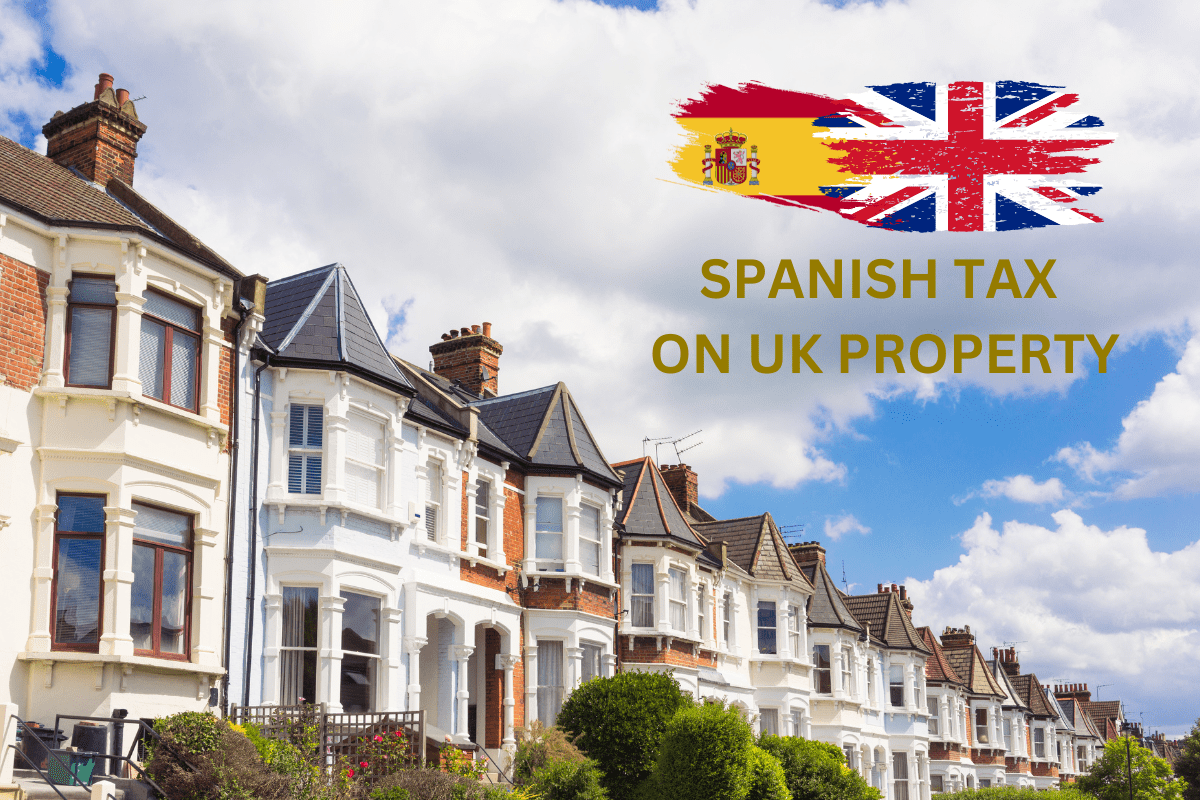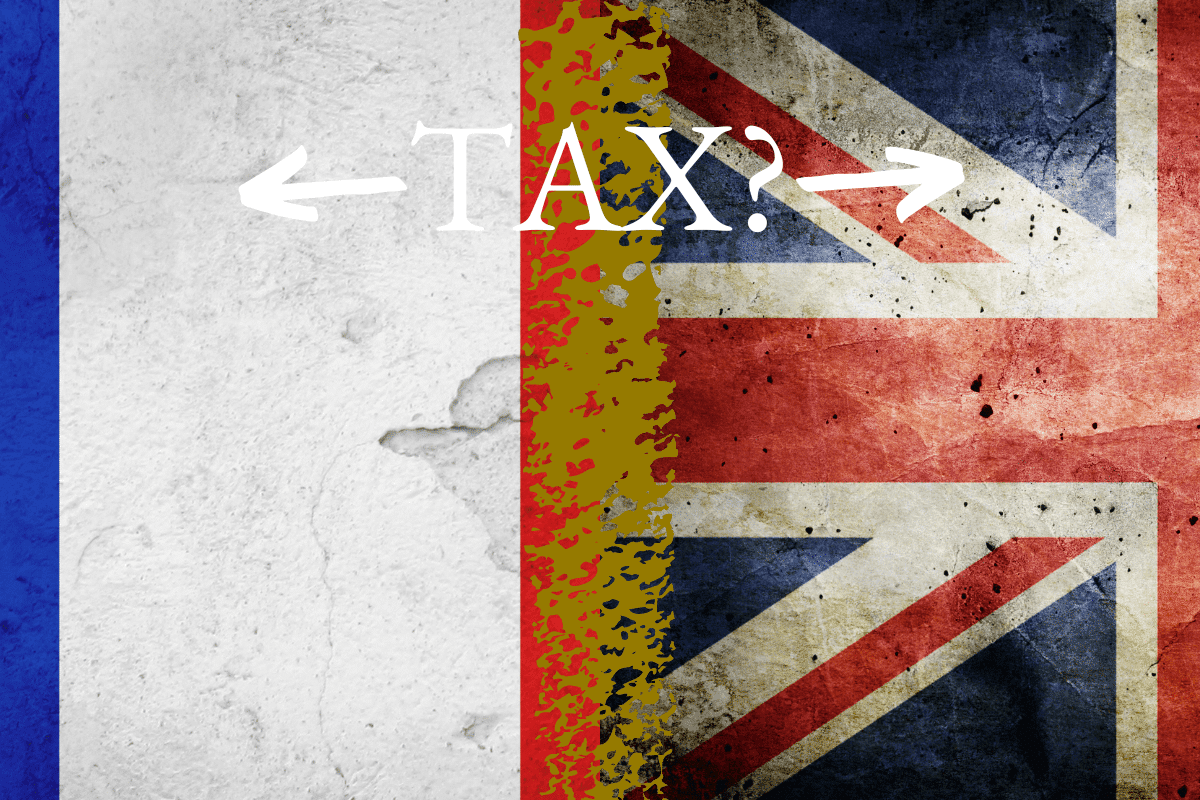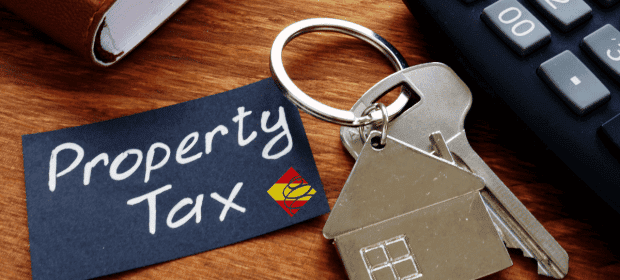Given concerns over the effect of Brexit on UK house prices, together with recent changes to the tax treatment of UK rental income and the various tax increases and reforms applicable to French property rentals, now may be the time to reconsider if Buy to Let is a good investment, both in France and the UK.
General arguments against rental investments
Most of us have an opinion on property as a means of generating long term investment returns. For some, a tangible asset such as property represents security, for others it is simply an inflexible and physical tie to a specific location.
Rental properties need regular maintenance and repairs, which can be expensive, and meeting such costs can divert cash from savings and other investments. Private landlords often underestimate the costs of maintaining a rental property, one consequence being that net returns fall short of (sometimes) unrealistic expectations.
It is a basic investment principle that we should not rely exclusively on property (or any single asset) for our future financial security, yet frequently we do, particularly where Buy To Let is involved.
Liquidity, or access to capital, also needs to be considered. Whilst you can usually withdraw funds quickly and easily from an investment portfolio (in France one often uses the Assurance Vie structure), you cannot generally sell part of a house. Re-mortgaging or equity release are possibilities, but for some the only option for capital access is sale of the property and acceptance of the associated expense and possible delays. Furthermore, a forced sale will typically result in lower than market value being achieved.
Both the French and UK governments are under pressure to boost national housing supply so are taxing second homes and rental properties in an effort to bring more residential property to the open market.
By comparison, for French residents (including expatriates), Assurance Vie remains as possibly the single most flexible and tax efficient investment available – a valuable planning opportunity which can be overlooked when property is perceived as a ‘safe bet’.
Keeping your UK property and renting it out
Legislative changes introduced in April 2017 significantly increased tax liabilities for residential landlords. Previously, allowable expenses and mortgage interest payments could be deducted from rental income as part of the tax calculation. However, the phasing out of tax relief on mortgage interest payments means that by 6 April 2020 mortgage costs will no longer be deductible, instead replaced with a 20% tax credit.
For many people, once settled in France, a UK rental property becomes impractical and difficult to maintain. Frequent trips back to the UK, for a variety of reasons, just don’t seem worthwhile. Being a landlord can be stressful and time consuming, especially when you want to be enjoying a more relaxed life in France and/or you are busy running your business here.
If your UK property remains vacant for occasional use during trips back to the UK, you could be affected by measures introduced in November 2017 which allow councils to charge a 100% Council Tax premium on homes that have been left empty for two years or more.
Additionally, since April 2015, non-residents are liable for capital gains tax (at either 18% or 28%) on the increase in property value since 2015. And from April 2019, the UK government plans to introduce capital gains tax for non-resident landlords of commercial properties.
Whilst house prices in some parts of the UK have increased substantially over recent years, there are wide regional variations and prices can of course go down as well as up. Flooding from adverse weather conditions has negatively impacted prices in many parts of the country. Brexit brings its own uncertainty for the housing market and there is also exchange rate risk to consider, with GBP/EUR volatility likely to continue in the short term at least. Finally, even with carefully managed quantitative tightening by central banks, interest rates appear to be going in only one direction from here.
Things to be aware of when renting property in France
Whilst the Finance Law of 2018 has increased the micro threshold from €33,200 to €70,000 (with a 50% abatement for costs), and from €82,800 to €170,000 for seasonal “classement” rentals (with a 71% abatement), it has also made furnished rentals more complicated for landlords, particularly for those offering short term lets.
To receive the higher abatement for furnished rentals, there is the challenge of arranging an official visit to obtain a recommended star rating. Since 1st December 2017, Paris requires property owners renting for short seasonal lets to register this activity and to display registration numbers on rental advertisements. Lyon did the same in February 2018, Bordeaux in March 2018 and Lille is in the decision process. Only 12,000 properties have been registered whereas 100,000 or more appear on rental websites. On 11th December 2017, Paris officially notified the largest rental sites (Airbnb, HomeAway, Paris Attitiude, Sejourning and Windu) that advertisements for unregistered properties were in breach of regulations.
Recent Finance law also approved a proposal to increase the taxe de sejour which today represents between 20 and 75 centimes per person, per night – it could increase by 1% to 5% if local authorities so decide.
The French government recognises that rental income made via websites such as Airbnb or HomeAway has often not been declared. Since 1st July 2016 these websites must inform members of their tax obligations and in January each year must send a document showing gross income received through reservations made via their site in the previous tax year.
There is also the risk that between November and March tenants will stop paying rent, with landlords powerless to evict until the winter period is over.
2018 changes to Wealth Tax have been particularly unfavourable for property holdings. Note too that social charges, which don’t apply to UK rental income but are chargeable on French furnished rentals, have risen to 17.8%. And that tax offices sometimes mistakenly apply social charges to UK rental income, which is then time-consuming to recover. However, since the Finance Law of 2018, social charges on investments are included in the flat tax of 30% thus reducing the income tax liability to only 12.2%.
Whether to sell or retain a rental property can be a difficult decision, for both financial and emotional reasons. For practical guidance on this complex matter, please contact me to arrange an initial discussion or meeting, free of charge and without obligation.











